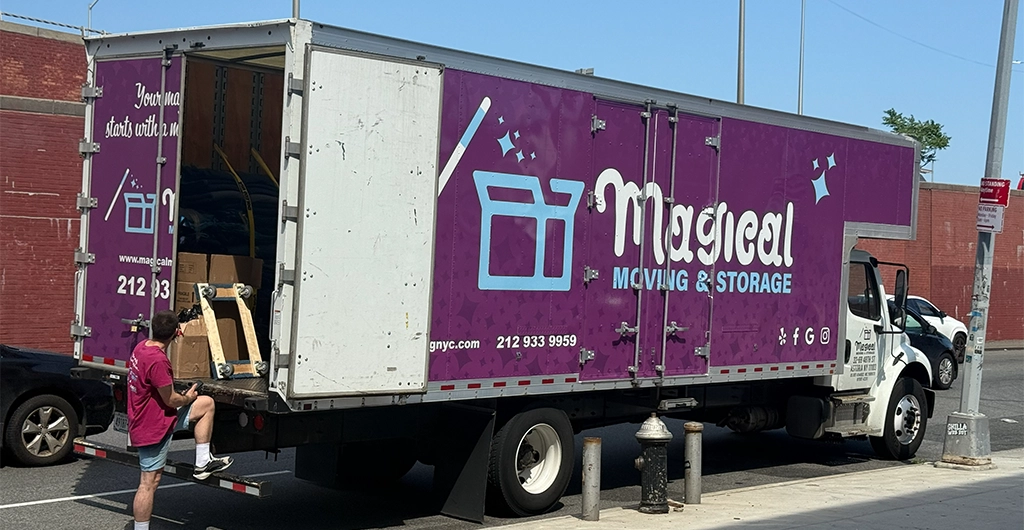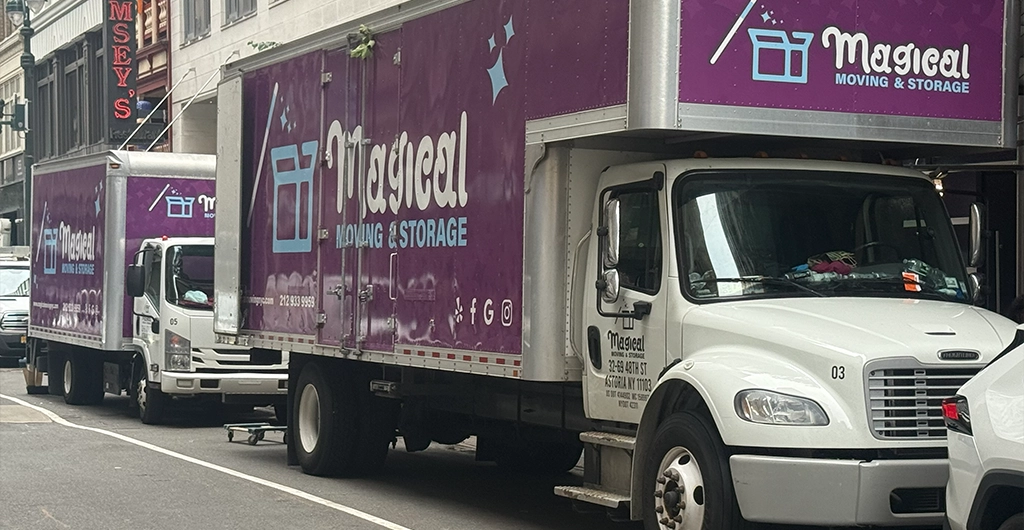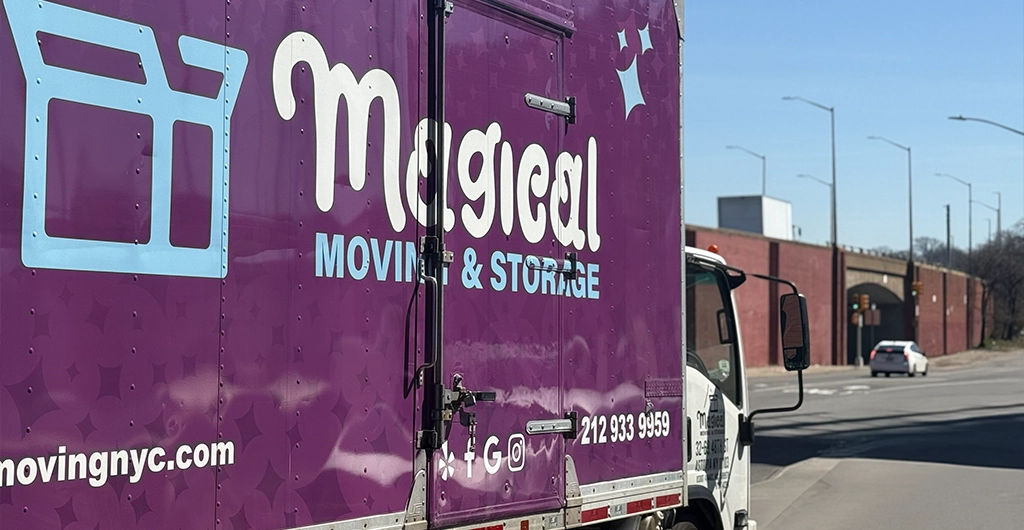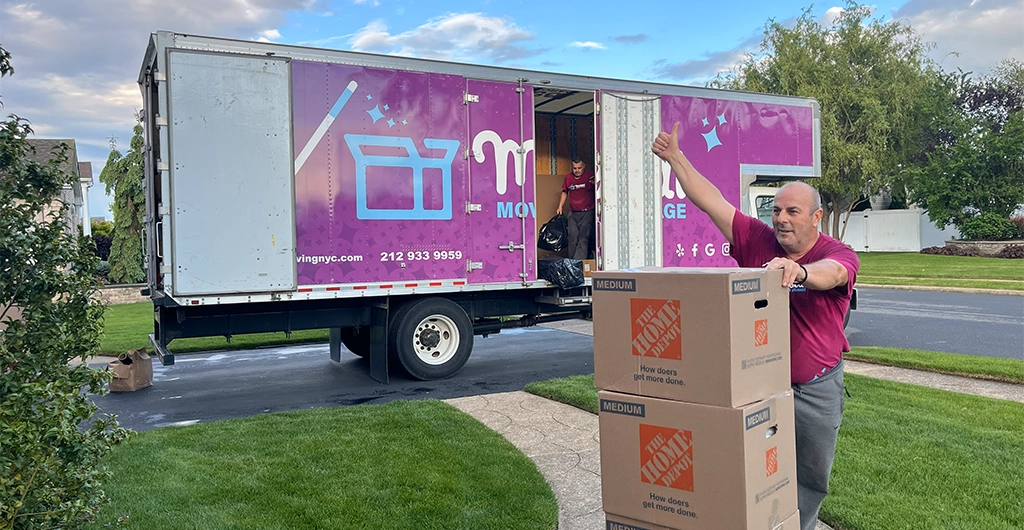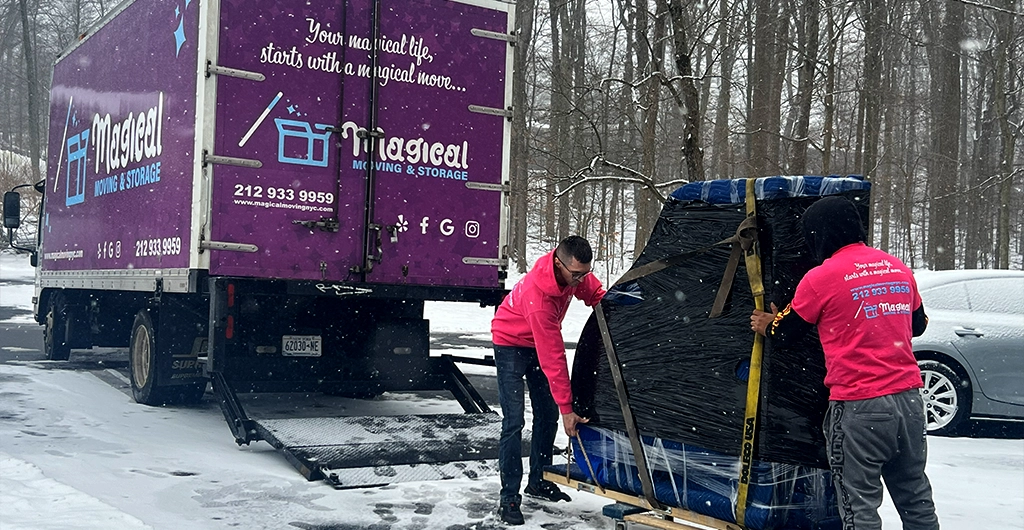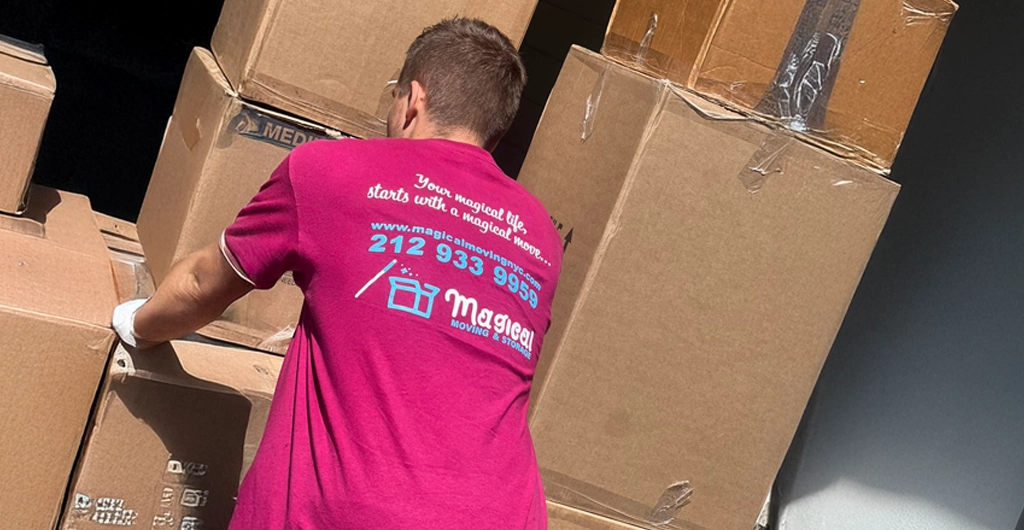
Organize Your Out-of-State Move
Moving to a new state is an exciting journey, but without a well-planned approach, it can quickly become stressful and overwhelming. Unlike local moves, long-distance relocations involve more logistics, higher costs, and a tighter timeline. That’s why proper organization is key to ensuring a smooth, cost-effective transition.
In this guide, we’ll walk you through the most important steps to organize your out-of-state move efficiently — from planning and packing to hiring movers and settling into your new home.
Start Planning Early
Create a Moving Timeline
The best way to stay organized is to create a moving timeline as soon as you confirm your relocation. Ideally, begin preparations at least 6–8 weeks in advance. Outline each task week-by-week — from booking movers and transferring utilities to updating your address and packing.
A well-structured timeline helps you stay on track and avoids last-minute chaos.
Set a Realistic Budget
Out-of-state moves are typically more expensive than local ones. On average, interstate moves in the U.S. can range from $2,000 to $7,000 depending on distance, weight, and services required. Be sure to factor in:
- Moving company fees
- Travel costs (gas, plane tickets, accommodation)
- Packing supplies
- Insurance
- Utility deposits and set-up fees
Having a clear budget from the start will help you make informed decisions along the way.
Choose the Right Moving Company
Research and Compare Quotes
Hiring a trustworthy long-distance moving company is one of the most important parts of an interstate move. Request quotes from at least three licensed and insured companies. Look for companies that specialize in out-of-state moves and offer in-home or virtual estimates.
Be sure to compare not only the price but also services included, customer reviews, and credentials such as a USDOT number (required for interstate moving companies).
Ask for a Binding Estimate
To avoid unexpected charges, ask for a binding estimate or not-to-exceed quote. This ensures that the final cost will not go above the agreed amount, even if the move takes longer or includes more labor.
Declutter Before You Pack
Sort, Sell, or Donate
Long-distance moves are usually charged based on weight or volume. The less you take with you, the cheaper the move will be. Go through each room and sort items into three categories: keep, donate, or toss.
Consider selling furniture or electronics you no longer use — and donate gently used clothes and household items to reduce clutter and support a good cause.
Take Inventory
Once you’ve downsized, make an inventory of everything you’re moving. This will help you stay organized, keep track of your belongings during transport, and make insurance claims easier in case anything gets lost or damaged.
Pack Strategically
Use the Right Materials
Out-of-state moves require secure packing, especially for fragile or valuable items. Use sturdy boxes, bubble wrap, packing paper, and heavy-duty tape. Label each box clearly by room and content — and mark fragile boxes.
For electronics, appliances, and furniture, use original packaging if available, or reinforce with padding and blankets.
Prepare an Essentials Box
Pack a personal “essentials” box or suitcase with everything you’ll need during the first few days in your new home — clothes, chargers, toiletries, medications, basic tools, and important documents.
This saves time digging through boxes and reduces stress upon arrival.
Handle Administrative Tasks Before You Move
Update Important Information
Before moving, make sure to update your:
- Mailing address
- Driver’s license and vehicle registration
- Bank, credit card, and insurance accounts
- Employer and school records
- Subscription services
Also, notify your utility companies and set up service at your new home at least one week in advance.
Transfer Medical and School Records
If you’re moving with children, request transcripts from their current school and register them at the new one as soon as possible. Also, transfer medical records and prescriptions to new providers in your destination state.
Stay Organized on Moving Day
Keep Important Documents With You
Keep all important papers in a folder or binder — moving contracts, IDs, lease or mortgage documents, and medical or school records. Do not pack them in the moving truck.
Have snacks, water, chargers, and basic cleaning supplies on hand for moving day.
Do a Final Walkthrough
Before leaving your old home, walk through each room to ensure nothing is left behind. Check closets, drawers, attics, and garages. Make sure the place is clean and ready for the next occupant.
Call Us And Get a Free Quote
If you’ve decided on moving with professionals, then you’re only one step from having a magical journey! Get a free quote and enjoy your move with Magical Moving & Storage.
Follow us on Social Media
Check us out on social media as well and see what we do for our clients.
